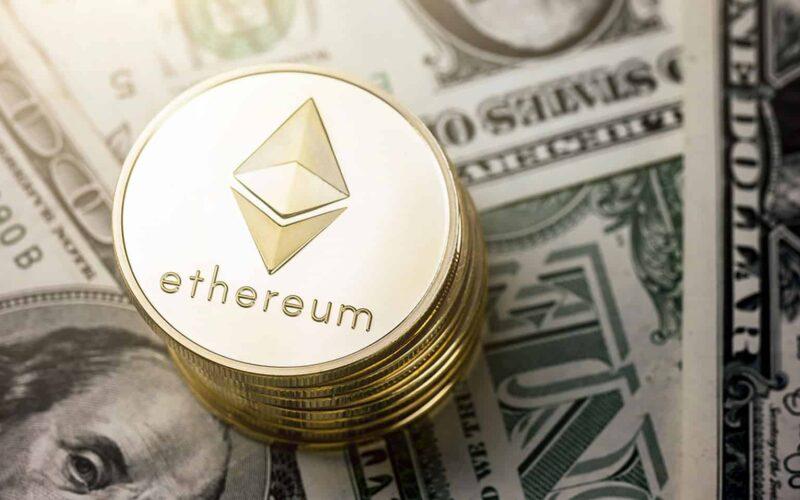
ETH futures trading is a financial instrument that allows you to speculate about the price of ETH. They allow you to take a long or short position on the price of ETH and are a great tool for hedging your digital asset risk. Furthermore, they are eligible for exchange for physical (EFP) transactions and are capital efficient in comparison to spot trading.
Ethereum (ETH) futures are financial instruments that allow you to take a long or short position regarding the price of ETH
When you are looking to trade in the cryptocurrency market, you will have many options to choose from. For instance, you can buy Ethereum futures, which are financial instruments that enable you to take a long or short position in the price of ETH. There are also margin trading options available for those who are just starting out. This type of trading involves borrowing more coins than your initial trading account. You should also be aware of the risks associated with margin trading, such as the potential for margin calls.
Although Ethereum prices have recently been trending downward, many analysts and investors remain optimistic about the potential for growth in the cryptocurrency. At the beginning of 2018, the cryptocurrency reached a new all-time high of $1,396 on Jan. 12. However, the cryptocurrency fell throughout the rest of 2018, ending the year at a low of $141. Over the past two years, Ethereum has fluctuated in price between $150 and $730. However, these fluctuations have been small compared to the prices Ethereum will likely reach in 2021.
Ethereum (ETH) futures are derivatives contracts based on the Ethereum cryptocurrency, and are traded on the Chicago Mercantile Exchange. As a result, they can act as a hedge against price movements and minimize portfolio losses.
They are a tool for investors to hedge digital asset risk
Ethereum futures trading are a relatively new product that offers investors the opportunity to hedge their risk of digital assets. These contracts are a way for institutional investors to protect themselves from the risk of investing in the price of ether. Unlike Bitcoin, however, ether is more complex and technically complex than Bitcoin. As a result, investors should be aware of the risks involved.
They are eligible for exchange for physical (EFP) transactions
The Exchange for Physical transactions, also known as EFP transactions, are private agreements between two parties in which the buyer and seller file a notice of intent to deliver and receive. The Exchange then matches these parties up and the price of the delivery is based on the final settlement price of the contract. For certain contracts, EFP transactions may be cash settled.
They are capital efficient compared to spot trading
Futures trading on the ETH market offers a number of advantages over spot trading. For one, it allows traders to leverage their investments and carry out trades that are larger than their net position. They can also borrow funds at varying rates and pay off their losses. In addition, the futures market is very liquid and capital efficient. Currently, the trading volume of ETH and BTC futures has topped USD $32 trillion.
As a result, futures trading is significantly more capital efficient than spot trading. For example, ETH futures do not require you to open a digital wallet. Furthermore, they do not involve any actual exchange of ether, unlike spot trading. In contrast, spot trading requires you to sell your ETH and risk losing it. Moreover, futures trading allows you to profit even when the price of ETH is falling.
The other major advantage of futures trading over spot trading is leverage. Because futures trading offers leverage, a 1 BTC futures position can be opened for a fraction of its current market value. It is only possible with the leverage offered by futures trading.





